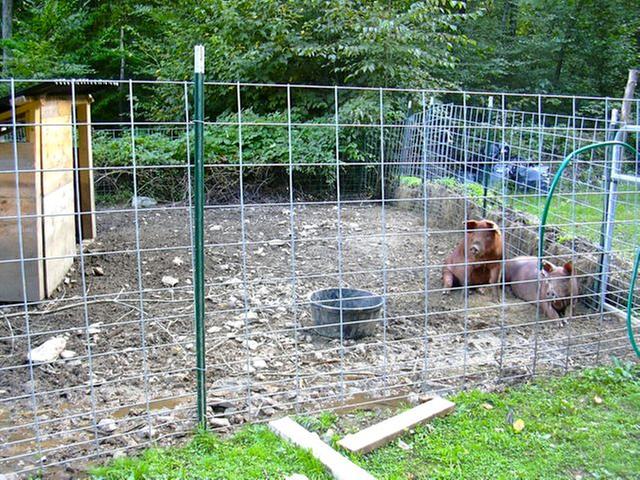I guess it is because all the bacteria that grows up, stacking layers of bacteria over layers, creating a solid juncture between any surface and the bacteria colony, just like the bacteria that colonize the surface of your teeth. Therefore, growing an unwated and, potentially, quite dangerous biofilm consisting in a mono or multi culture of bacteria.
Needless to say, the spectre of the bacteria realm is huge and the odds of growing a really really dangerous bacteria are quite high (most of critical diseases are caused by parasiting bacteria colonies), which will survive only because of the existance of uncontamined water. The bacteria will travel thru this medium untill they settle into a living host, which not only will provide humidity, but food and warmth.
So, unless you design an stainless/heavy-duty plastic system among all of its sections, the recollection, distribution and delivery. Which would be entirely sanitized weekly (maybe even sooner). There are several methods for sanitizing the pipes and the water.
I would suggest making a biofilter inside the barrel, having it filtering the collected water, yet, theres still a minimal percentage of bacteria that will travel thru the film. Usually, that wouldnt be a problem because we, humans, are powerful
enough to erradicate a wide spectre of weakened bacterias, but if that one gets to settle in one of your
chickens system, greet your new aviar infectation (having to cremate all of your babies must be something unspeakably horrible)
I dont know if the biofilter will be sufficient to readily fill a 55 gal drum, but it might be worth the try. For sure, worth the study. I havent read much about it so wont say anything ehehhe, but it
should be doable.
I guess I would rather stick with chlorine, as an oxidizer of biological matter. Most of the unused chlorine particles with collide with each other in the water, forming "gas chlorine", and thus, it leaving the liquid fluid and flowing into the atmosphere. You will only have yo deal with the chloramine (the used chlorine), but that one molecule is extremely hard to get rid off, and if you are only dealing with potential bacterias, the amount of chloramine should be minimal (considering you have removed all kind of trash and material that builds up both in your roof and inside the water-system.
Hope it helps ya
honey, and also hope you dont forget it this time :D
Take care

















 1
1








 2
2












![Filename: 20170912_160841.jpg
Description: [Thumbnail for 20170912_160841.jpg]](/t/70095/a/54449/20170912_160841.jpg)
![Filename: 20170912_160937.jpg
Description: [Thumbnail for 20170912_160937.jpg]](/t/70095/a/54450/20170912_160937.jpg)
![Filename: 20170912_160344.jpg
Description: [Thumbnail for 20170912_160344.jpg]](/t/70095/a/54451/20170912_160344.jpg)
![Filename: 20170912_160357.jpg
Description: [Thumbnail for 20170912_160357.jpg]](/t/70095/a/54452/20170912_160357.jpg)
















